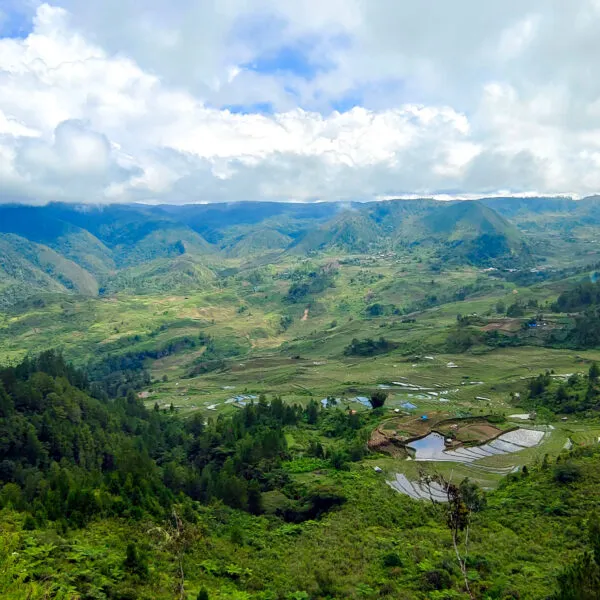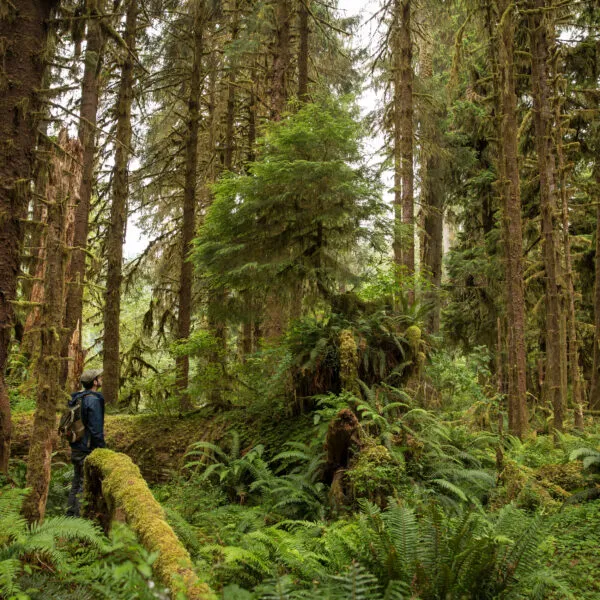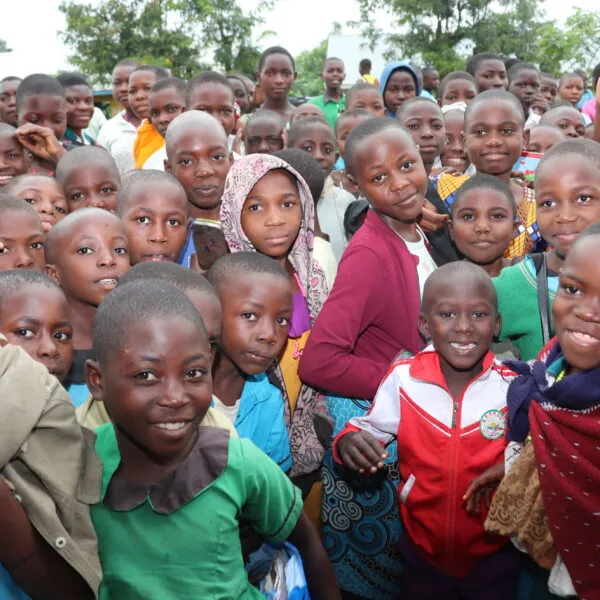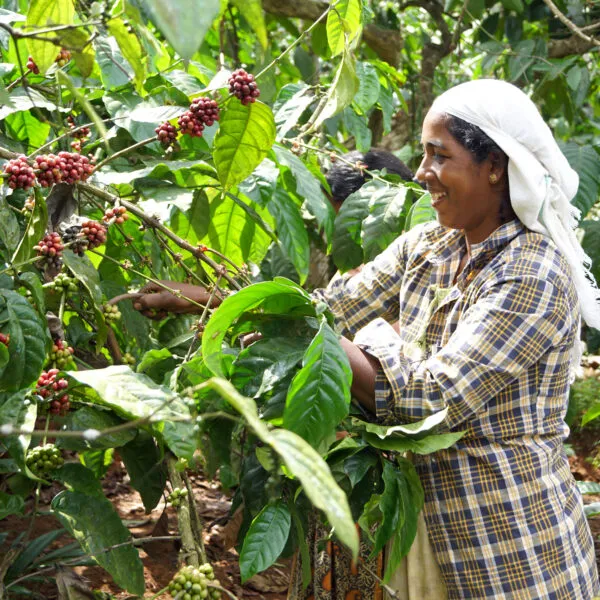Tea production systems can be both a contributor to land degradation and a segment of the rural economy that is particularly susceptible to land degradation. On the other hand, well-managed tea production landscapes can help arrest or even reverse land degradation, while providing a range of economic and ecological benefits for local communities, downstream beneficiaries, and the global commons.
With global demand for tea growing at more than 2% per year, the pressures on land for cultivating the crop will increase, all the more intensely because of climate change. Governments are increasingly concerned about the impacts of inappropriate practices on the health of the natural environment, especially from soil erosion, contamination from agrochemicals, and inefficient use of water resources. These land degradation impacts can also jeopardize food security, because smallholder farmers combine growing tea and subsistence crops on their plots.
As part of the GEF Tea Program, and following its success in east and southern Africa, the Rainforest Alliance lead a project to mainstream sustainable tea production landscapes in India, China, Vietnam, and Sri Lanka. The project was launched in October 2014 and ran for 42 months, until March 2018.
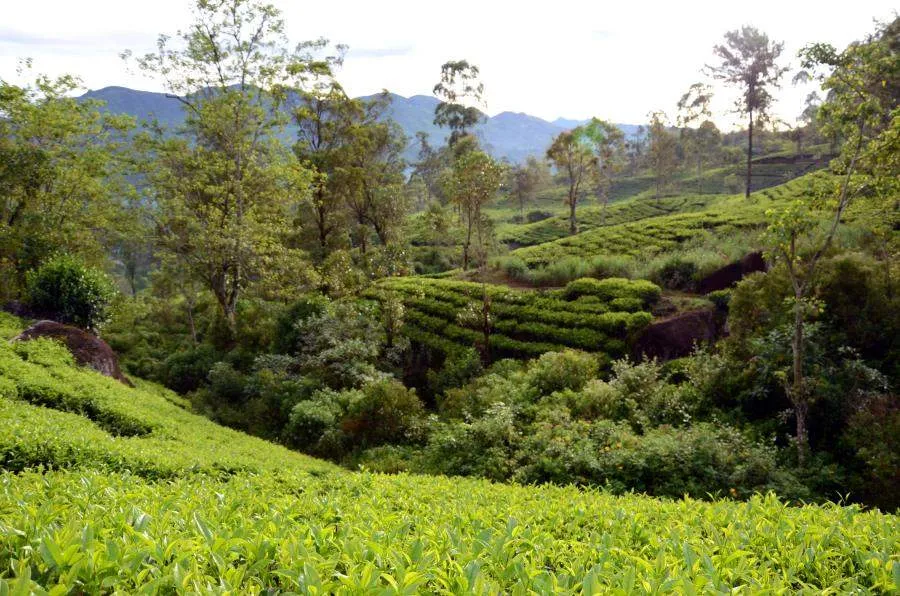
Location
India (Assam and Darjeeling), China (Yunnan Province), Vietnam (northern mountain region), and Sri Lanka (wet zone of south west).
Project Objectives
The main objectives of the GEF Tea Project were to reduce land degradation associated with tea production in Asia by supporting farmers and catalyzing industry and government leaders to mainstream sustainable land management (SLM) and integrated natural resource management (INRM).
Specific objectives were:
- Promote SLM to mitigate and reverse land degradation in tea-producing landscapes;
- Plan and implement integrated landscape management approaches;
- Engage key public and private institutions to mainstream SLM in the tea sector; and
- Develop robust tools to evaluate sustainability and reduced vulnerability associated with SLM and INRM.
Partner communities
Tea plantations and smallholders in the target countries (about 30,000) were trained in SLM and INRM practices with a view to reverse land degradation. The project also built knowledge and capacity among government extension officers and private sector technicians.
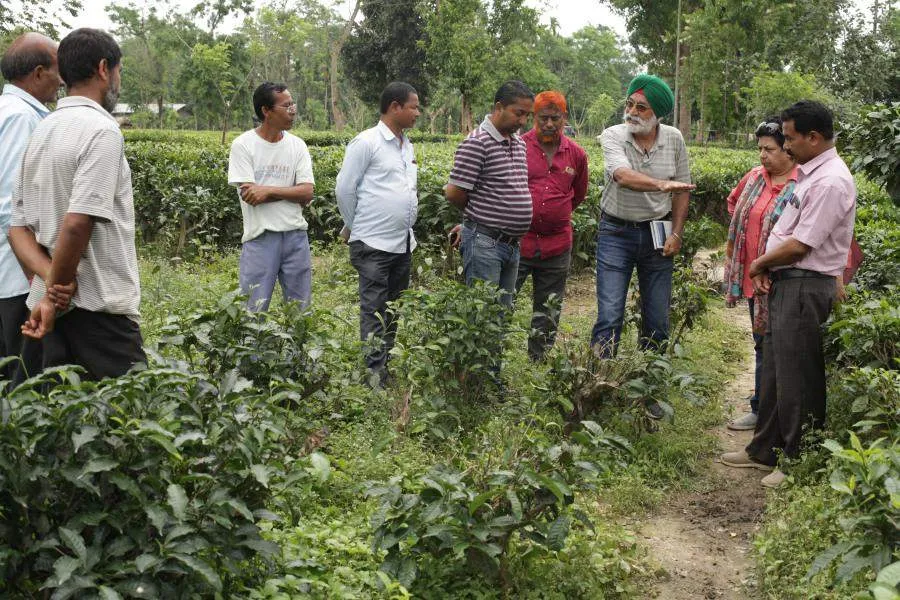
Goals/Desired Impacts
- Develop training modules to support producers to adopt site specific SLM practices;
- Train smallholder tea farmers and field and factory managers in SLM practices and energy efficiency measures in tea factories:
- Develop training curriculum for Training of Trainers (TOT) and training of smallholders
- Set up test/validation sites (demonstration/training sites)
- TOT trainings for farmer organizations
- Training smallholder tea farmers
- Pilot energy efficiency measures in tea factories and use of energy efficient cook stoves in homestead (workers and smallholders); and
- Pilot a landscape approach in two regions to engage key tea and non-tea stakeholders to jointly develop and implement INRM plans that target land degradation.
Partner Organizations
- Tea Technologies Outsourcing (TTO) in India
- The Alliance for Sustainable Landscapes Management (ASLM) in Sri Lanka
- Good Wood in Rainforest Consultancy in China
- VECO in Vietman
Funder
Global Environment Facility (GEF)
